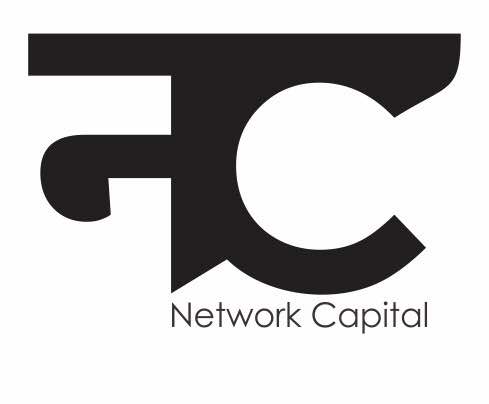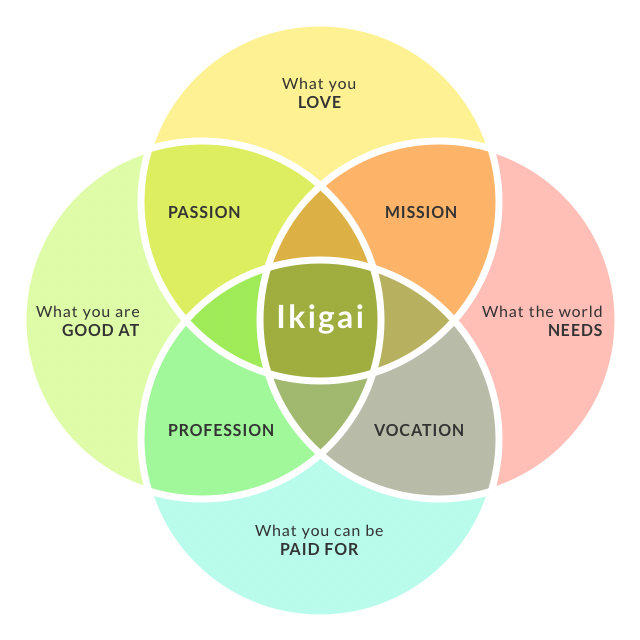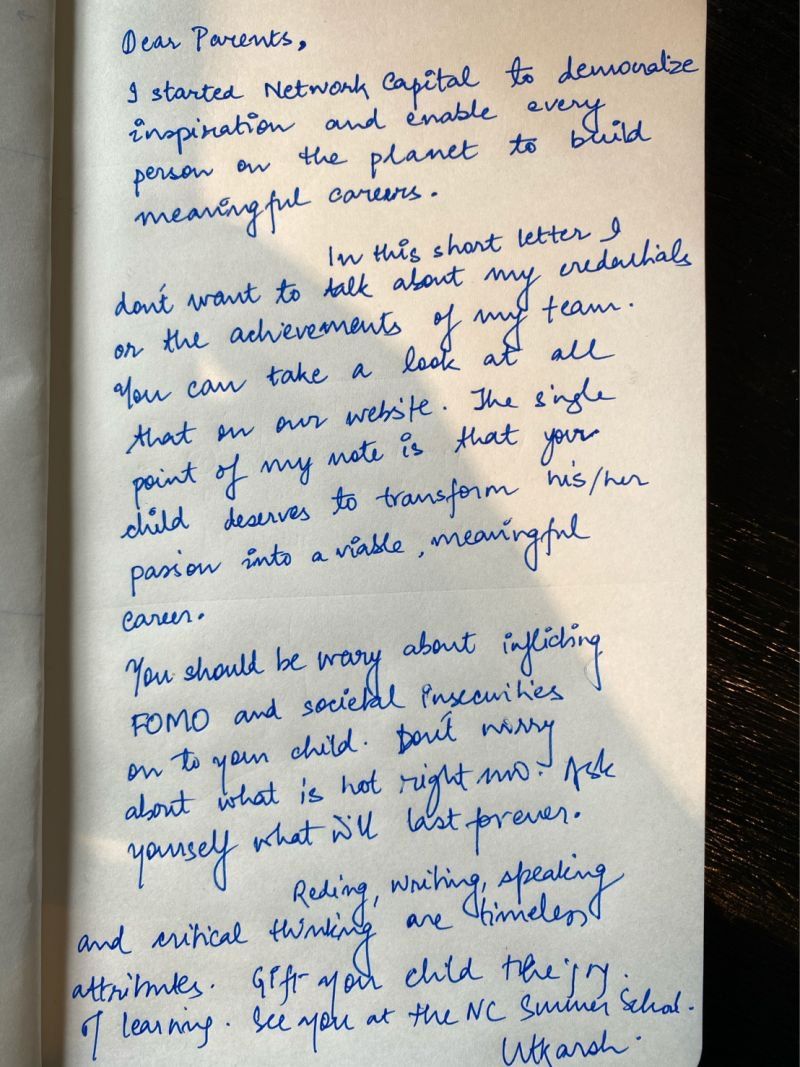Founder & CEO, Network Capital
Few years back, while at the World Economic Forum’s Annual Meeting in Davos, I met the organizational psychologist Adam Grant on top of the Rinnerhorn Mountain. His book, Give and Take had helped shape critical aspects of Network Capital, and I was eager to learn more about his upcoming projects. As luck would have it, we happened to share the last cable car back to the meeting.
Floating down through the clouds, Adam shared three key insights with me about nurturing original thinking and entrepreneurship.
First, innovation and economic growth rates of entire countries can be traced back to the books children read.
Second, finding the right mentors is hard but we can locate relatable role models in stories of great originals in history and fiction.
Third, the logic of consequence and the fear of failure are huge barriers to innovation in classrooms and even boardrooms.
Adam’s insights, when placed in the Indian context, help to explain why the education system there has consistently failed to inspire students to learn and innovate.
To get the complete picture, one has to go back to 1835 when the British historian T.B. Macaulay, writing in his notorious 1835 Minute on Education, said:
“We must at present do our best to form a class who may be interpreters between us and the millions whom we govern, a class of persons Indian in blood and color, but English in tastes, in opinions, in morals and in intellect.”
In simple words, Macaulay’s vision was to create a nation of obedient, efficient and polite clerks - and his hangover has lingered long after his death. Even after independence, the new Indian Government’s first five-year plan grossly ignored the importance of school education by allocating less than $2 million for the entire duration. Macaulay’s hangover was so profound that even as recently as a few years ago, around half the questions in school examinations required students to commit facts to memory.
"What is the speed of light to eight significant figures?”
I am not sure what such a question is meant to accomplish but it surely isn’t innovation, originality or entrepreneurship.
I have been thinking about this ever since I was in school. You can take a look at
my TED talk if you wish to explore this further.
The World Economic Forum’s “
Future of Jobs Report” examines how technology is changing the very nature of work. It highlights the new skills we will need for the jobs of the future, and examines how artificial intelligence can augment existing jobs, create new tasks, and open up an entirely new range of livelihoods for workers. Crucially, the report recommends taking personal responsibility for our lifelong learning and career development.
To see how this works in practice, consider the Japanese philosophy of “Ikigai”. “Ikigai” means "a reason for being." According to this concept, the secret to finding meaningful work is identifying what you love, what you are good at, what the world needs and what you can get paid for. In your ideal job, these four factors converge, and passion meets practicality.
Unfortunately, most schools today are not designed to inspire IKIGAI among students.
They do their best to standardize creativity and mass-produce mediocrity, leaving their students frustrated and dissatisfied. It can be deeply unsettling to graduate from such an education system and then be bombarded with recommendations to “follow your passion”. How are we supposed to follow our passion without any institutional, cultural or systemic encouragement, career support or mentoring?
This problem is particularly acute in Asian countries, despite the great innovators that the region has produced. Unfortunately, exceptions don’t disprove the norm. We need to do better if we want to meet the challenges of the future, especially as the average career is likely to increase by years and even decades.
After deep reflection on the educational crisis in countries like India, Network Capital has decided to set up a chain of schools on the cloud. Our first iteration is the summer school that will admit 50 students.
This is a hand-written note I shared with Network Capital’s parents subgroup.
My mission is to make the Network Capital Winter School the most meaningful learning experience you have ever had. We will of course learn deep-reading, critical thinking, public speaking and writing but we will partake of all assignments and micro-experiments keeping self and community care in mind.
We want to ensure personal attention for each student so we will stop enrolments when the class size reaches 50.



